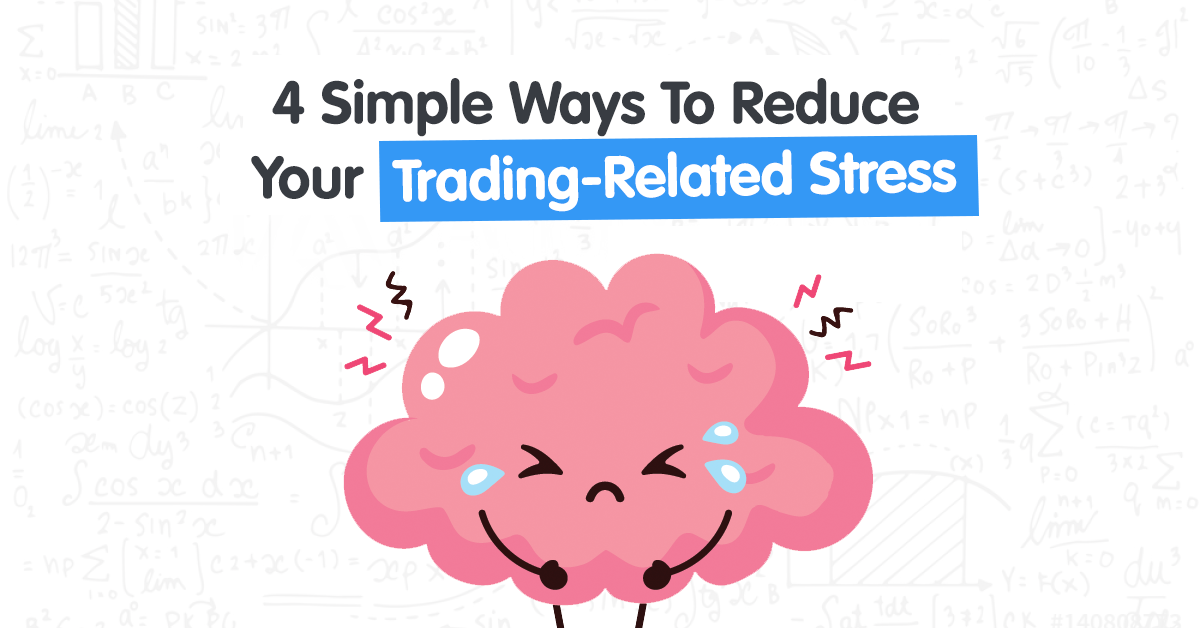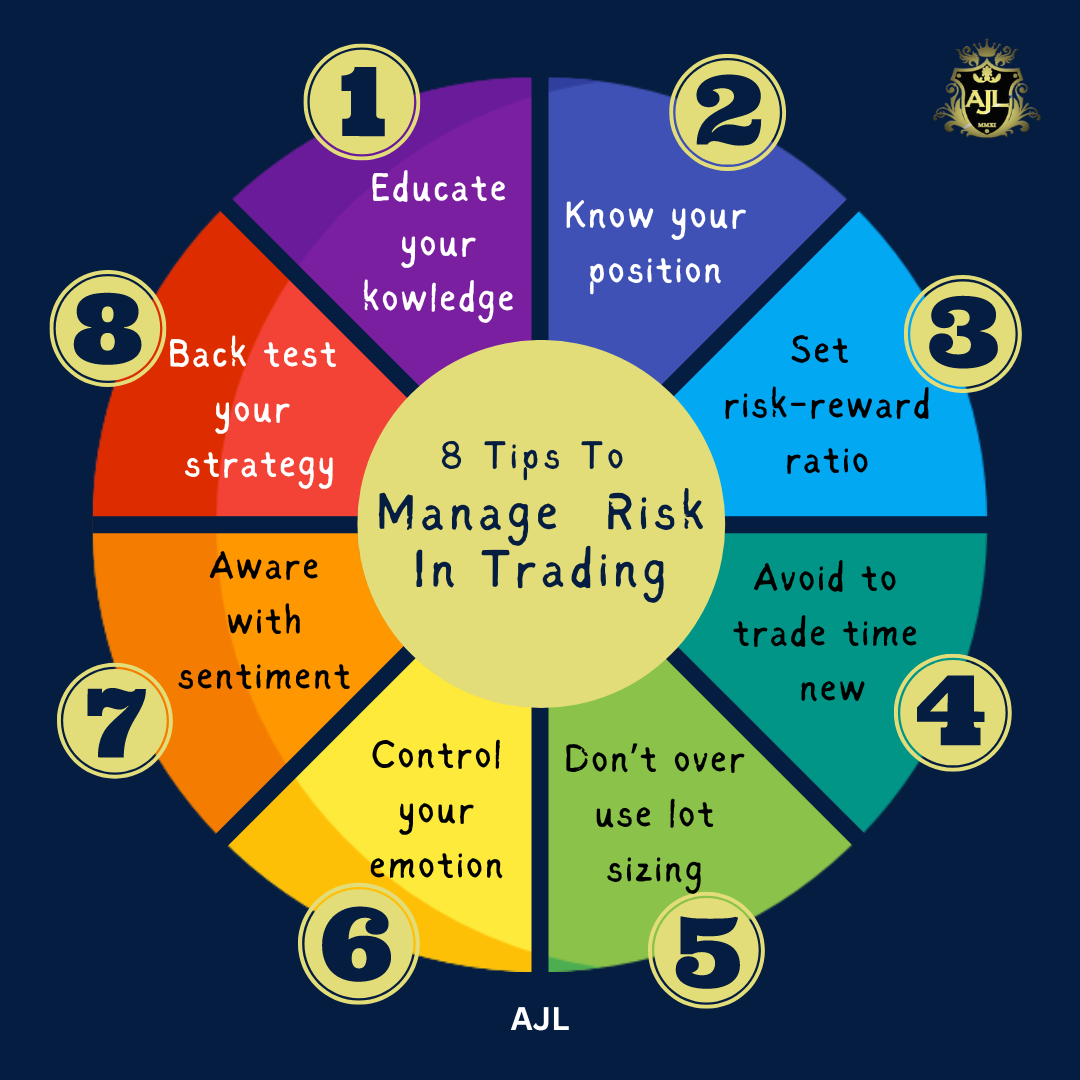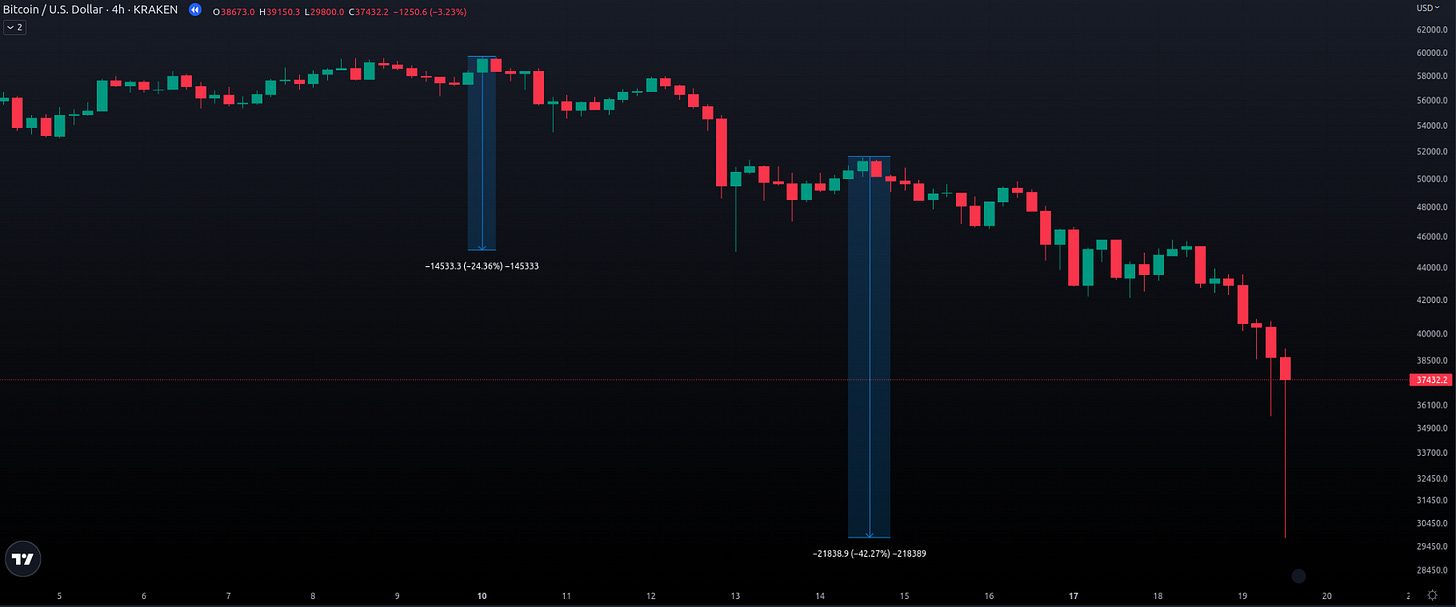Trading is hard enough without the added burden of stress. In fact, managing stress is one of the most crucial aspects of becoming a successful trader. In this guide, I’ll show you proven methods to handle stress effectively, improve your decision-making, and maintain focus when the markets are at their most volatile.
Let’s face it: stress is an inevitable part of trading. Whether you’re just starting out or you’ve been in the game for years, it can sometimes feel like the pressure is too much to handle. And when stress gets the better of you, it can cloud your judgment and lead to impulsive decisions. This is where stress management comes in. It’s not just about staying calm—it’s about creating a solid foundation that helps you stay consistent and focused under pressure.
So, why does managing stress matter for traders? Because the consequences of letting stress control your trading decisions can be disastrous. From panic selling during a market dip to taking unnecessary risks to recoup losses, emotional decision-making is the quickest way to lose your edge.
The Importance of Managing Stress for Traders
Why Stress Management Matters
Traders often face high-stakes decisions in fast-paced environments. If you don’t manage stress, the pressure can lead to poor decisions. Stress doesn’t just affect your mood; it impairs your cognitive functions, making it harder to process information and react effectively. This can lead to costly mistakes. So, if you want to succeed, managing stress isn’t just important—it’s essential.
The Consequences of Stress on Trading Performance
Stress doesn’t just make you feel bad—it can directly impact your performance. For example, chronic stress can make it harder to focus on your strategy, leading to poor entry and exit points. It can also lead to impulsive trading, which increases risk and reduces long-term profitability. When you’re stressed, it’s harder to follow your trading plan, which ultimately hurts your bottom line.
How Stress Affects the Brain and Body
Stress triggers a physiological response that prepares your body to react quickly—fight or flight. This is great when you’re running from danger, but not so much in trading. Prolonged stress affects the brain’s prefrontal cortex, which is responsible for decision-making. The result? Poor impulse control, overtrading, and an inability to focus on long-term goals. Physically, stress also disrupts sleep and leads to burnout—both of which can ruin your trading career in the long run.

Benefits of Stress Management for Traders
Improved Decision-Making
One of the most immediate benefits of managing stress is the improvement in decision-making. When you’re stressed, you’re more likely to make rash decisions, like panicking and selling a position prematurely. On the flip side, managing stress helps you stay calm and follow your trading plan. The clearer your mind, the better you can evaluate market conditions and make smarter, more calculated decisions.
Enhanced Focus and Consistency
Stress can distract you from the task at hand. Managing it can help you stay focused and disciplined. With less emotional interference, you’re better equipped to maintain consistency in your trading approach. Stress management techniques like mindfulness or meditation can help you center yourself, leading to improved focus during trading hours. The more consistent you are in your trading strategy, the better your long-term results will be.
Long-Term Mental Well-Being
Trading isn’t a sprint—it’s a marathon. Managing stress effectively not only improves your decision-making in the short term, but it also supports your mental health in the long run. When you’re less stressed, you’re more resilient, have better work-life balance, and avoid burnout. This mental well-being is key for sustainable trading success.

Proven Techniques for Managing Stress While Trading
Create a Consistent Trading Routine
One of the best ways to reduce stress is by having a consistent routine. A structured pre-market routine helps you start the day with a clear focus and prevents you from making rushed, emotional decisions. Your routine should include reviewing your trading plan, setting clear goals for the day, and doing some light mental exercises like deep breathing or mindfulness. This will help you feel more in control and reduce anxiety when you enter the markets.
Mindfulness and Relaxation Techniques
Mindfulness exercises can be a game-changer for stress management. Even just 10–20 minutes of meditation or deep breathing can significantly lower stress levels. I’ve personally found that taking a few minutes to step away from the computer, close my eyes, and breathe deeply can refresh my mind and restore focus. These techniques help you observe your thoughts without judgment, allowing you to respond more calmly to market fluctuations rather than reacting impulsively.

Sticking to a Clear Trading Plan
One of the biggest stress relievers is knowing exactly what you’re going to do when you enter the market. A clear trading plan outlines your strategy, including your entry and exit points, risk management rules, and daily goals. The more defined your plan, the less room there is for emotional decision-making. I’ve learned that sticking to the plan, even when things get chaotic, is one of the best ways to keep stress under control. Having a strategy you can rely on gives you a sense of control, reducing anxiety during trades.
Risk Management: A Key to Reducing Stress
Managing risk is essential for reducing stress. The more you risk, the higher the potential for stress and anxiety. I recommend limiting the percentage of your capital that you risk on each trade—typically around 1–2%. This will help ensure that no single trade can cause significant emotional damage. Additionally, using stop-loss and take-profit orders will automate some of the decision-making, allowing you to step back and let the plan play out without constant monitoring.
| Risk Management Strategy | Description |
|---|---|
| Risk Per Trade | Limit risk to 1-2% of your capital per trade to manage stress and minimize losses. |
| Stop-Loss Orders | Automate risk management by setting stop-loss orders, allowing you to control your maximum loss on each trade. |
| Take-Profit Orders | Set take-profit orders to secure profits when your target price is reached, reducing stress during volatile periods. |
Focus on Process Over Outcome
Why Focusing on the Process Is Crucial
In trading, focusing too much on outcomes—like profits and losses—can lead to stress and frustration. Instead, focusing on the process allows you to detach from the short-term volatility and stick to your strategy. The market will fluctuate, but by concentrating on executing your trading plan well, you can avoid making rash decisions based on fear or greed. I’ve personally found that keeping my mind on the process and not obsessing over the results keeps me grounded and less stressed.
Developing Mental Toughness
Mental toughness is the ability to withstand difficult situations and bounce back from setbacks. In trading, you’ll inevitably face losses and challenges. Developing the resilience to keep going despite these setbacks is vital. I often remind myself that every trader faces losses—it’s part of the game. It’s not about avoiding failure, but about managing how you respond to it. Mental toughness is built over time, through practice and reflection on your experiences. It allows you to keep your emotions in check and stay focused on your long-term goals.
Reframing Losses as Learning Opportunities
When you lose money in a trade, it’s easy to feel defeated. But instead of letting the loss get to you, try to reframe it as a learning opportunity. Look at what went wrong, what you can improve, and how you can adjust your strategy moving forward. I’ve found that treating losses as valuable lessons rather than failures helps me stay calm and reduce the stress associated with them. Embracing a growth mindset can turn stressful situations into constructive ones, which ultimately helps you improve as a trader.
Lifestyle Changes to Support Mental Calmness
Regular Breaks During Trading
It’s easy to get caught up in the excitement of trading, especially when the market is volatile. But taking regular breaks is essential for mental clarity. I’ve learned that stepping away from the screen for just 5 to 10 minutes can help reset my mind. Whether it’s stretching, taking a walk, or having a coffee, these short breaks prevent burnout and allow you to come back to your trading desk feeling refreshed and focused. A clear mind is less prone to stress and better able to execute trades effectively.
Physical Health and Sleep
Your physical health plays a crucial role in how you handle stress. If you’re not sleeping well, eating properly, or staying active, your ability to manage stress will be compromised. I can tell you from experience that getting 7–9 hours of quality sleep each night has a profound impact on my ability to trade effectively. Regular exercise also helps release built-up stress and boosts mental resilience. By prioritizing sleep and physical health, you’re setting yourself up to handle trading stress much better.

Social Support and Stress Relief
When the pressure builds, talking it out with others can help lighten the load. Whether it’s friends, family, or fellow traders, social support provides perspective and emotional relief. I often reach out to my trading peers when things get tough—they understand what I’m going through and can offer advice or simply listen. Having a strong support system can help you feel more in control and reduce the sense of isolation that can come with trading. Sharing experiences and getting feedback is one of the best ways to alleviate stress.
Seeking Professional Help
When to Seek a Mental Health Professional
If stress is affecting your ability to trade or impacting your overall well-being, it may be time to seek professional help. Trading can be mentally and emotionally taxing, and it’s important to recognize when the pressure is too much to handle on your own. Seeking support from a therapist or counselor can provide you with strategies to cope with stress and build emotional resilience. I’ve seen firsthand how professional help can improve mental clarity and provide valuable tools for managing stress in high-pressure situations.
Building Emotional Intelligence as a Trader
Emotional intelligence (EQ) is the ability to recognize and manage your own emotions and understand the emotions of others. In trading, high EQ is a game-changer. It allows you to stay calm during market fluctuations and respond to stress in a healthy way. Developing emotional intelligence helps you make better decisions, avoid impulsive trading, and manage the emotional rollercoaster of Forex trading. I’ve found that cultivating EQ through self-reflection and mindfulness exercises has improved my ability to stay focused and less stressed in intense trading scenarios.
Key Takeaways for Traders
Top Tips for Staying Calm
Managing stress is crucial for trading success. Here are the top tips that have helped me and many others stay calm under pressure:
- Stick to a consistent trading routine to reduce uncertainty.
- Practice mindfulness and relaxation techniques regularly.
- Focus on the process, not the outcome—avoid obsessing over profits and losses.
- Prioritize your physical health and get enough sleep to stay mentally sharp.
- Build a support network to share experiences and reduce isolation.
Building a Sustainable Trading Mindset
Stress management is not just about short-term fixes—it’s about developing a sustainable mindset for long-term success. By managing stress effectively, you’ll not only improve your trading decisions but also preserve your mental health and well-being. Stay focused on the process, keep learning, and don’t be afraid to seek help when you need it. The road to successful trading isn’t easy, but managing stress along the way will help you stay on course.
Remember, stress is a part of trading, but it doesn’t have to control your success. By following these techniques and making stress management a priority, you can navigate the ups and downs of trading with confidence and calm.
Learn more trading psychology.
